Genomics and Precision Health Blog – Archive Posts
Genetic Counseling in the Time of COVID-19
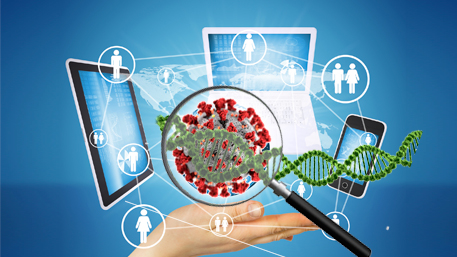
Genetic counselors play an important role in clinical genetics by helping patients understand their genetic health risks. Due to the COVID-19 pandemic, most clinics and hospitals have restricted in-person delivery of non-essential healthcare services, including genetic counseling, to slow the spread of the virus. However, delaying genetic counseling can be problematic, for example, when genetic Read More >
Posted on byImplementation Science to Improve Case Finding, Cascade Screening, and Treatment for Familial Hypercholesterolemia: A Prototype for Precision Public Health Research
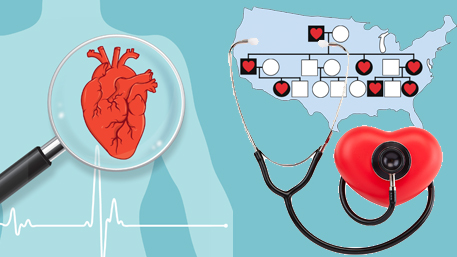
Familial Hypercholesterolemia (FH) is a common genetic disorder, affecting more than 1 million people in the United States. FH causes lifelong high levels of low-density lipoprotein cholesterol, and if untreated, leads to a high risk of premature coronary heart disease. Most patients with FH are undiagnosed or inadequately treated with regular or high-intensity statins, leaving Read More >
Posted on byHow Can Evidence Synthesis be Conducted at the Speed of a Pandemic?
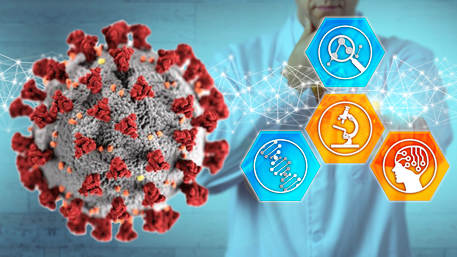
Since December, 2019, SARS-CoV-2, the virus that causes COVID-19, has rapidly spread around the world. The global pandemic has led to numerous scientific publications in basic, clinical and public health science and increased pressure to act on evidence as it emerges. Typically, research is done to inform decisions over time and is disseminated to the Read More >
Posted on byThe Public Health Impact of COVID-19: Why Host Genomics?

Throughout human history, zoonotic pandemics have periodically resulted in catastrophic human morbidity and mortality exceeding war, famine, and natural disasters combined. Modern era medicine and public health have made remarkable advances, but vulnerabilities have also increased with unprecedented world population growth, greater interaction with wildlife, and the dramatic expansion of international air travel. Viral diseases Read More >
Posted on by 1 CommentUsing Digital Technologies in Precision Public Health: COVID-19 and Beyond

With the global spread of COVID-19, there is a proliferation of scientific information and publications that use novel approaches such as genomics and precision health tools (e.g., big data, wearables, and digital devices) in surveillance and epidemiologic investigations. Could these new technologies provide added value to traditional approaches? In the past, we have written about Read More >
Posted on byManipulating the Human Microbiome for Precision Public Health: Prospects and Challenges
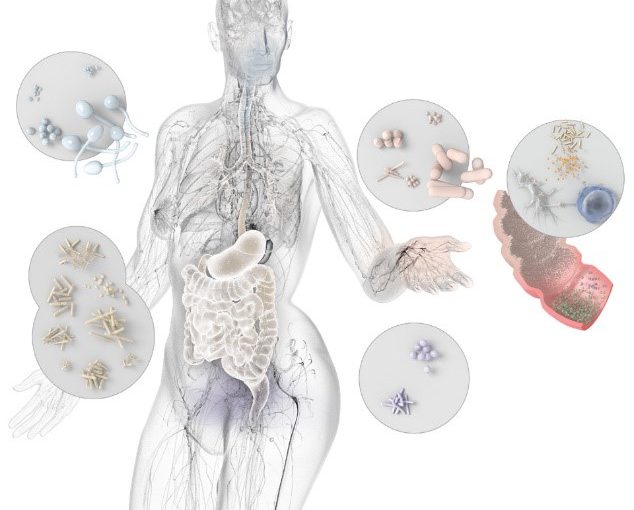
Spotlight on the Human Microbiome The human microbiome has a crucial role in driving public health science and initiatives towards more “precision”. In a recent viewpoint and podcast, Harkins, et al. discuss the potential and current applications for manipulating the human microbiome for disease prevention and management. The authors describe several examples of microbiome manipulation Read More >
Posted on byIn the Era of Public Health Emergencies, Interoperability Rules are a Beacon for More Precision in Public Health
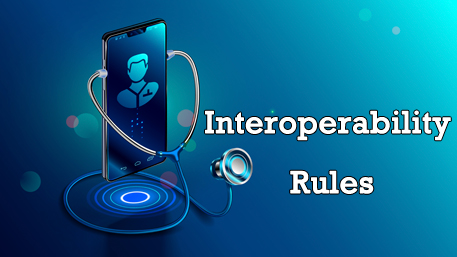
In the current wake of COVID-19, it is evident that the public health ecosystem needs to modernize how we gather, make sense of, and disseminate data from multiple sources. The health threats we face today spread wider and change faster than the data flows our traditional approaches were designed to accommodate. Becoming more adept with Read More >
Posted on byA Public Health Genomics Pioneer

Remembering Toby Citrin Today, public health genomics is an established and respected field which is integrated into numerous public health programs. This was not the case in the year 2000. CDC had established the Office of Genomics and Precision Public Health two years prior (initially called the Office of Genetics and Disease Prevention), but few Read More >
Posted on by 1 CommentShould polygenic risk scores be used in risk-stratified colorectal cancer screening?
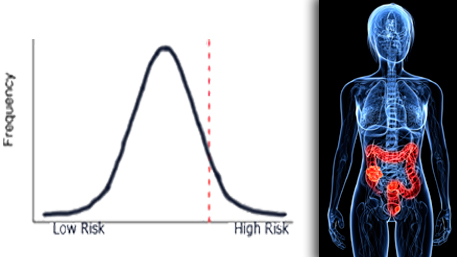
Polygenic risk scores (PRS) summarize information about a person’s disease risk based on numerous DNA variants in their genome. Each variant confers very little increase in disease risk. But composite (or polygenic) risk scores made up of a number of such variants have been shown to stratify people to normal distributions of disease risks for Read More >
Posted on byA 2020 Reality Check on the Public Health Impact of Cancer Genomics and Precision Medicine

“Precision oncology has had some major successes… And yet, the overall effect of precision medicine on care for patients with cancer has been modest.” (David Cutler, JAMA Health Forum, 2020) The Promise of Genomics and Precision Medicine in Reducing the Burden of Cancer In 2015, the United States launched the Precision Medicine Initiative (PMI) “to Read More >
Posted on by

